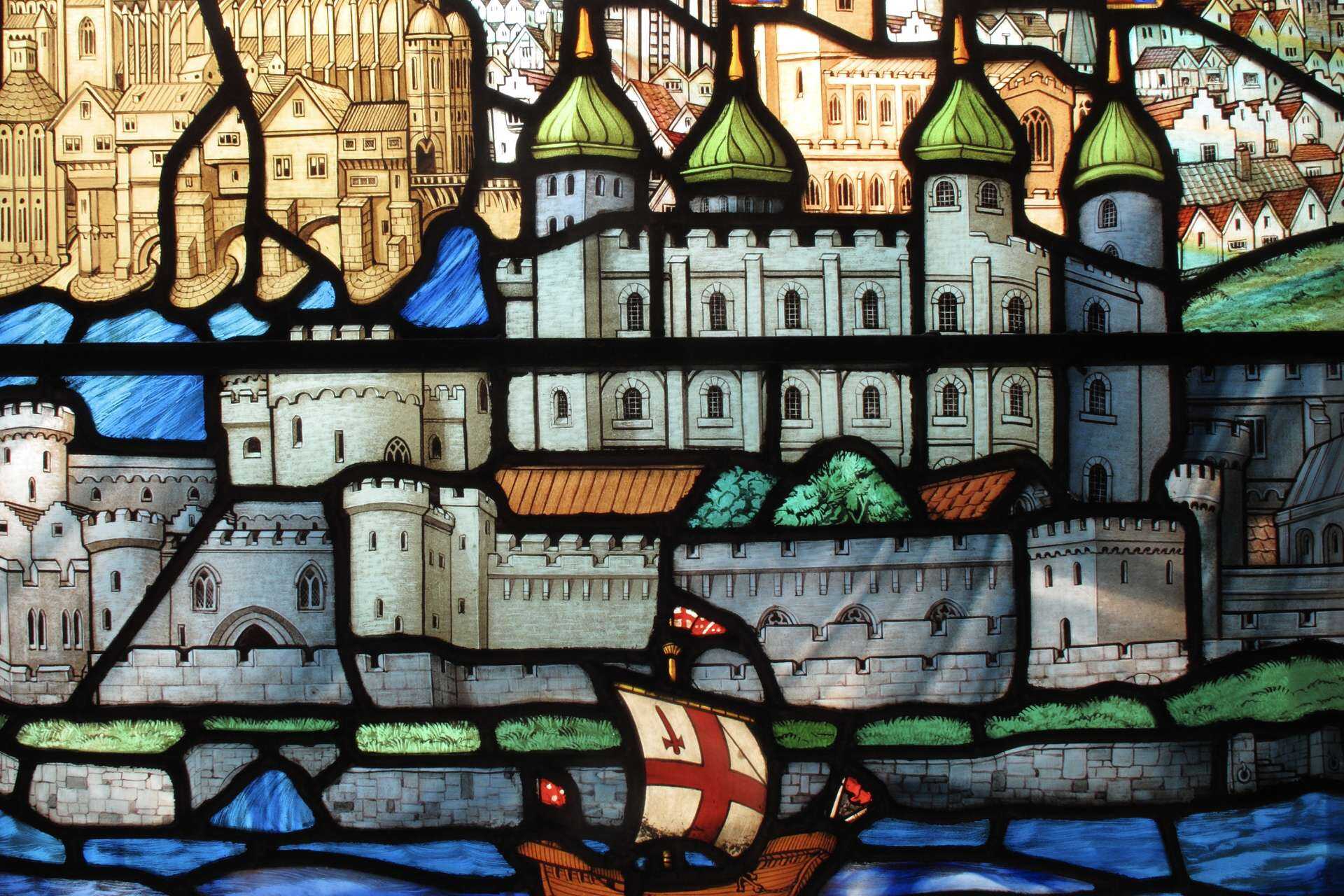
We are home to some of the best medieval, military, medical, political, cultural, revolutionary and imperial historians in the UK. In the most recent Research Excellence Framework (2021), the School of History was judged to be the best in the country. The Research Excellence Framework awarded perfect scores for our research environment and impact, and almost 90% of our publications of original research submitted were judged by a panel of experts to be “world-leading” or “internationally excellent”.
Our top results in the REF are testament to the unsurpassed quality and academic vibrancy of History at Kent. We are particularly proud that our research informs our teaching on a daily basis, especially when it comes to the design of our modules and tutorials across our internationally renowned degree programmes.
Understanding the past is a process that needs time, care, imagination, and support. We organise our research so that each of our world-leading academics has space to pursue their own projects, and we pride ourselves on the unparalleled quality of our research output.
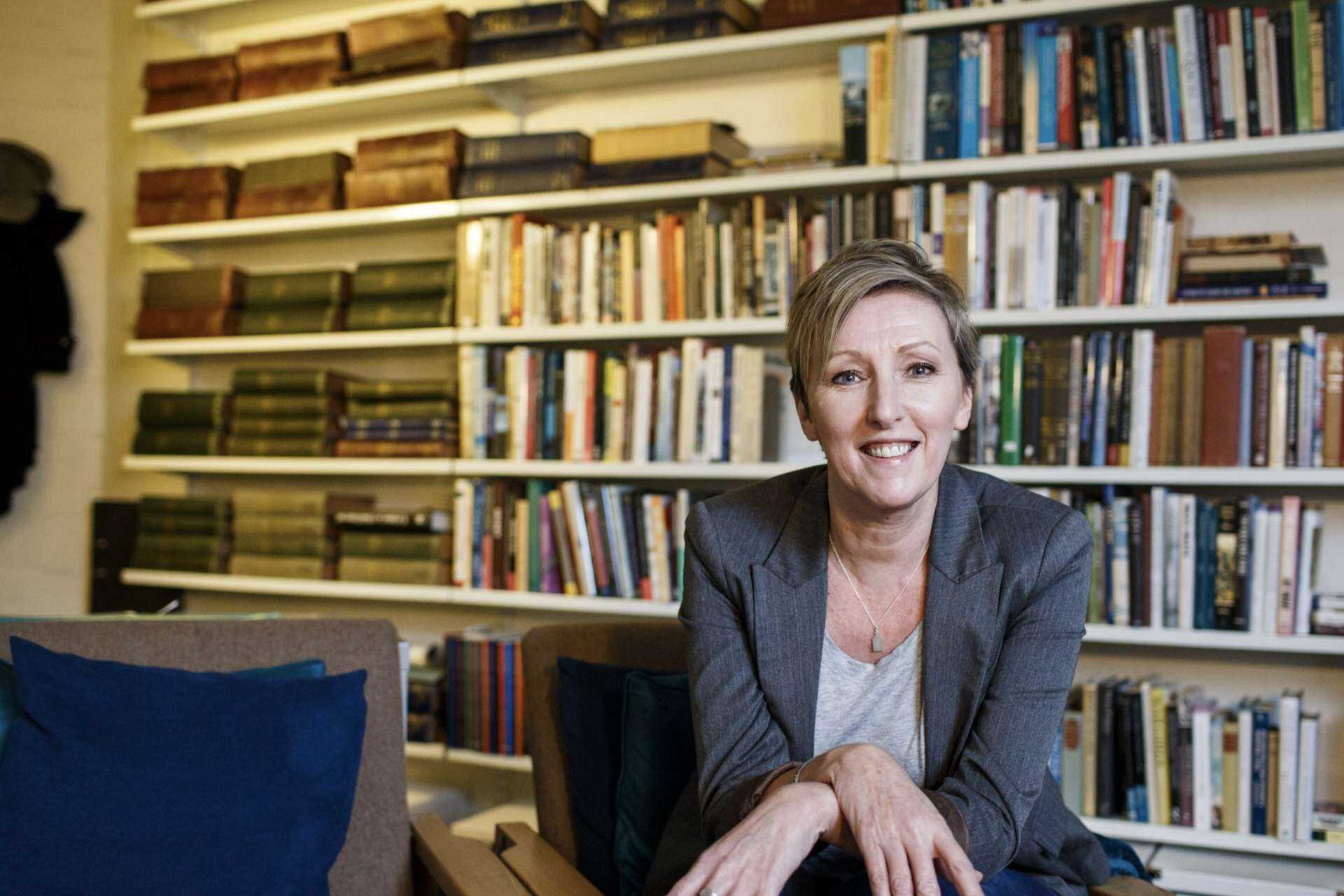
Our active community of researchers produces world-leading scholarship across a wide range of fields, from the medieval era to the modern day.
Professor Julie Anderson is leading on the Living Assessment research project which looks to understand the experiences and impact of health and social care assessments on children and families, particularly the lived experiences of assessments in the past and present.
We are delighted to offer its talent, drive and
expertise to private individuals, companies and institutions. We offer a
wide range of bespoke research solutions and are happy to consult on a
wide range of issues relating to history, heritage and commemoration.
The impact and
social value of the our research was judged to be 100% ‘world-leading’ in the
latest REF 2021 research assessment. Historians at Kent have developed
an unrivalled pool of real world experience that goes beyond media work,
including partnerships that tackle international religious and military
sites, decolonial projects, game development, and commemorative
interpretation.
Working with us, you will find the expertise,
experience and passion that makes us the top history department in the
UK for impactful historical research. Contact us to find out more and organise an initial consultation free of charge.
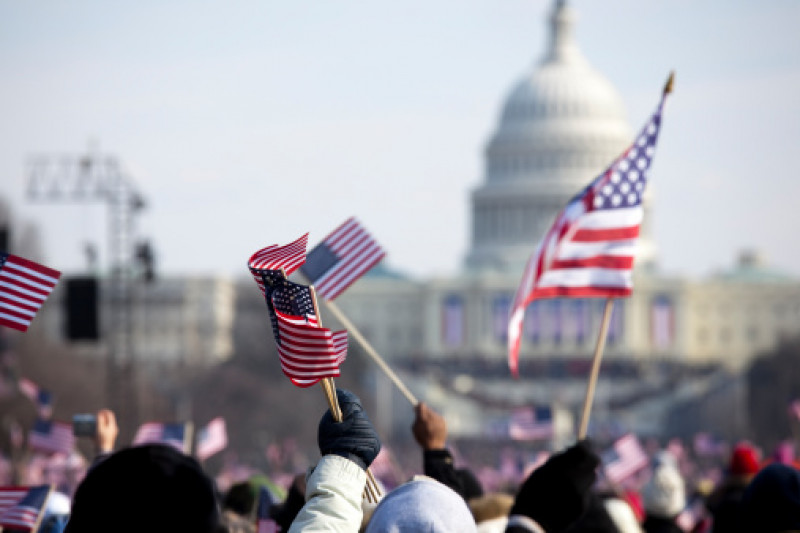
This vibrant research centre is dedicated to the study of the United States and Latin America.
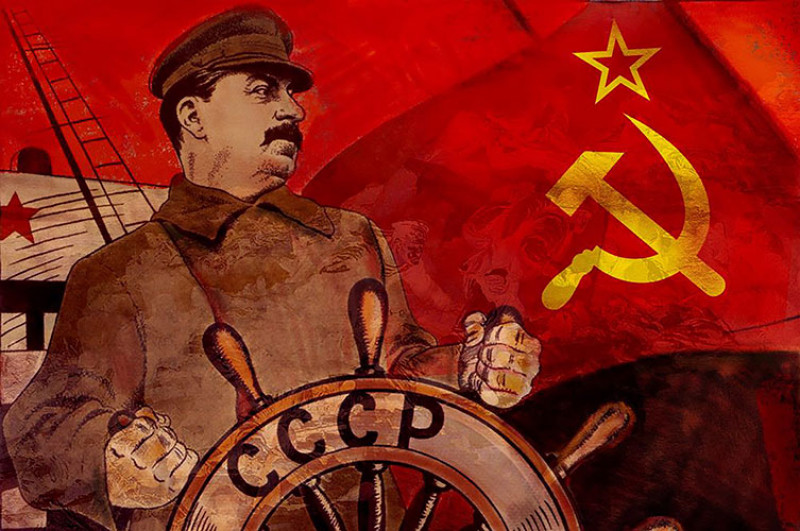
Exploring the social and cultural history of war and propaganda, across different types of conflict.
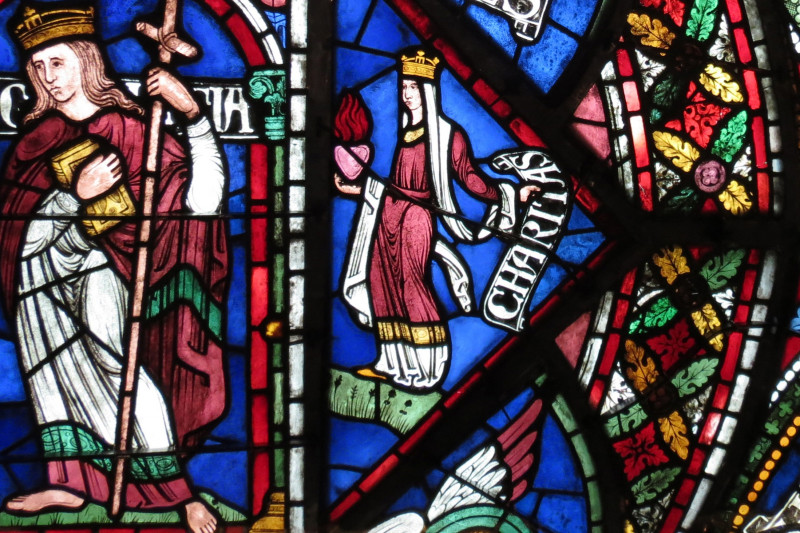
Our Canterbury location allows our students access to a wide range of unique historical, literary and material evidence.
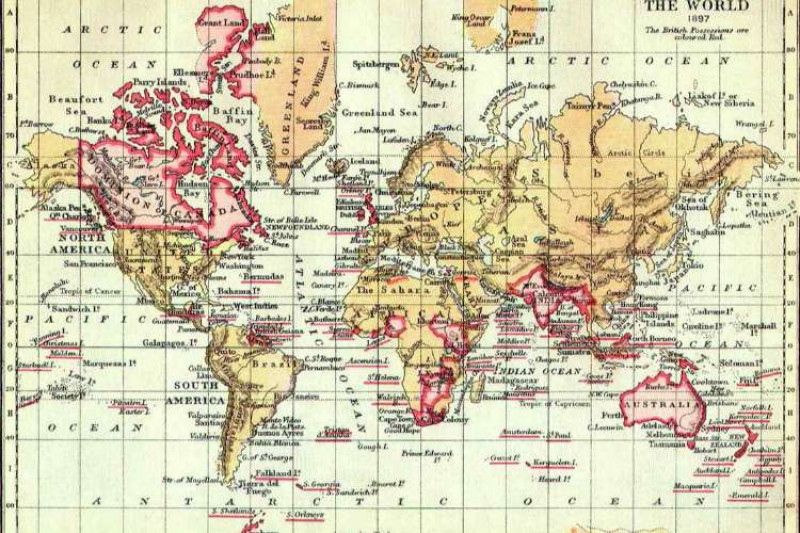
Using history as a creative tool to understand the past as well as the contemporary realitites of Asian, African and Latin American countries.
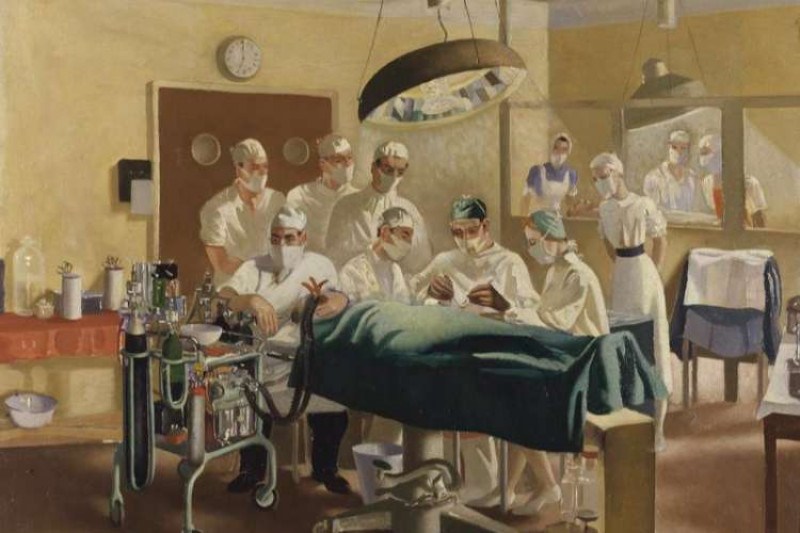
Offering a unique and intellectually exciting insight into the making of scientific knowledge.
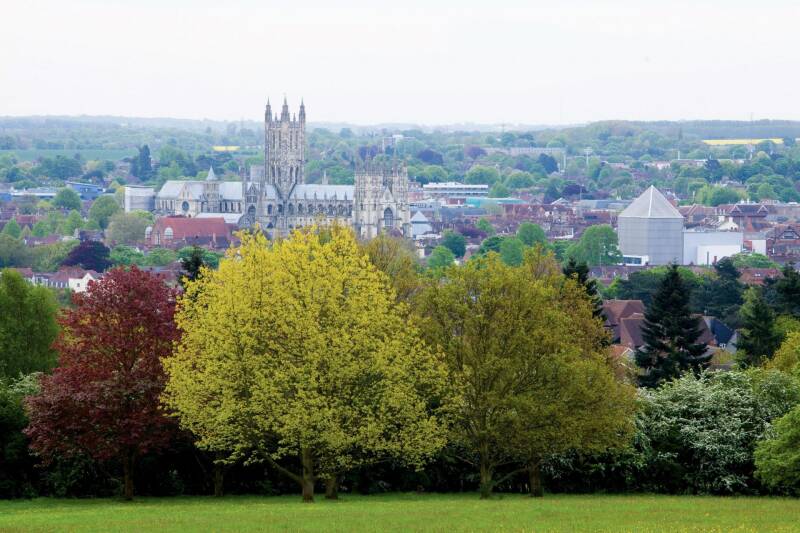
The Centre for Anglican History and Theology take the lead in the study of Anglican history since the sixteenth century.
Based on the most recent Research Excellence Framework, History at Kent was ranked 1st in the UK for research quality by the Times Higher Education.
Our research interests are currently focused on four key areas:
We are committed to using our study of history to make a difference to society today, and we always seek to build new research projects and incline existing ones towards the needs and interests of public audiences and practitioners.
We share our expertise with different audiences, working with radio and television, schools, historical associations, museums and public bodies to explain the past and put the present in clearer context.
We have developed a range of funded projects, each based on an exciting ongoing portfolio of research at the School of History and drawing on our wider specialisms. Examples include:
Led by Dr Ben Marsh and funded by DCMS, the project aims to deepen engagement in the period of revolution in Europe 1775-1848.
Dr David Rundle's project outlines a programme for reshaping our understanding the shared culture of late medieval Christendom.
Dr Barbara Bombi's project focuses on mutual influences in the formation of states in fourteenth-century Europe and diplomatic contacts among polities
Dr Ed Roberts' study looks at the transformation of the office of bishop in Western Europe between the eras of Carolingian and Gregorian ‘Reform’.
A project led by Professor Karen Jones exploring the links between urban parks, environmental history and medical health in London, Delhi and Shanghai
Led by Dr Rebekah Higgitt, this project explored 17th and 18th century London to tell a new story about the development of scientific knowledge.
The Gateways to the First World War centre, led by Professor Mark Connelly, supports public engagement with the First World War centenary.
Led by Dr Claire Jones, this project explored how oral hygiene cultures varied across communities, to inform community dental practice.
Dr Robert Gallagher's project sought to trace the range of Latin vocabulary being used by Latin authors in England during the long tenth century.
Dr Andrew Cohen's project seeks to re-engage with debates on labour migration and occupational structures in southern Africa.
We believe that the most exciting history is shared and typically involves lots of people, bringing different viewpoints and skill sets. We have excellent links with a wide range of national and international partner institutions, without whom our work would have much less reach and significance. They include:
We work with them to generate new projects, find new angles and involve new communities. We are open to new approaches and new partnerships – whether you are a museum, school, organisation, or individual.
We have helped to advise on and organise field trips, exhibitions, teaching materials, local history projects, media programming, archival work, educational podcasts, student placements, training events for museums and teachers, and everything in between. If there are ways that our academic researchers can work with you in a mutually beneficial way, and especially to deepen social engagement with history and enlarge its cultural and educational impact, then do get in touch.
Our research landscape is constantly changing in response to new developments around us. It changes as individual researchers build enlivening new projects or join our community and bring fresh expertise. We are open to new ideas, new questions, new research proposals, and to the public, whom we welcome to a range of lectures and seminars on and off campus.